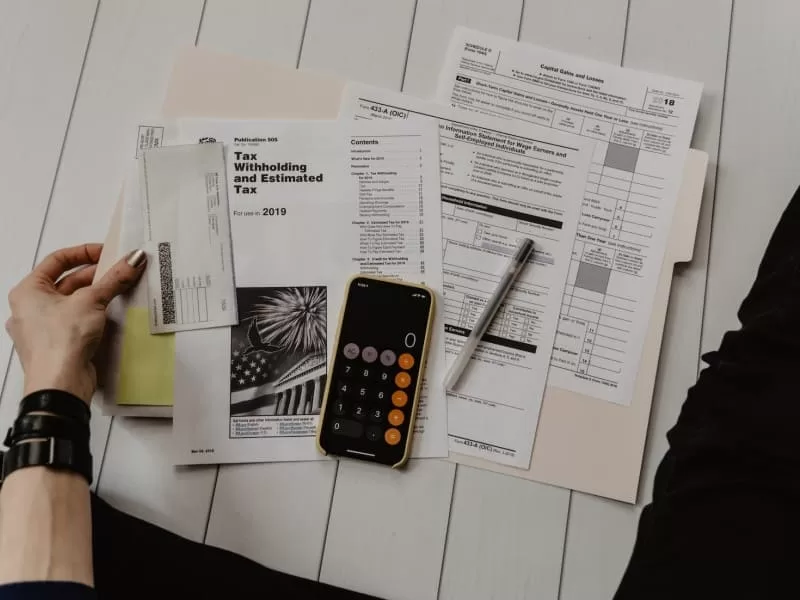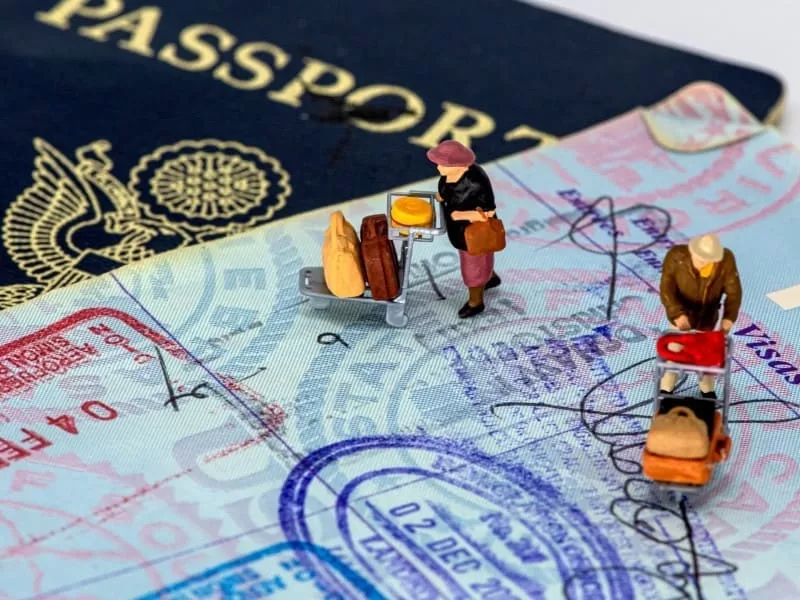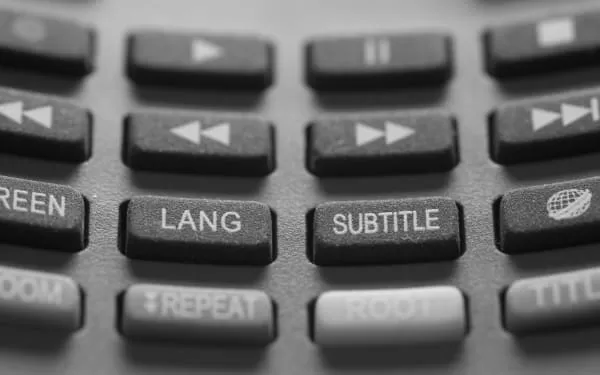Sworn translation
Need a sworn translator to provide legal validity to the translation of your official documents?
Specialized translation agency
Sworn translation involves transferring legal texts from one language to another to certify their legal value. Professional translators who handle such projects are called sworn translators. As professionals, they are duly accredited to do their work, at international level by each country's organisations.
What is sworn or official translation?
It entails translating official documents such that they retain all their legal validity. That is, they remain admissible by the bodies for which they are intended.These bodies are normally public or governmental entities (national or local), as well as courts of law.
The content of these documents can be extremely diverse, as they are not limited exclusively to the legal field: there are many legally valid documents whose subject matter has nothing to do with the legal world. Legal translation should not therefore be confused with sworn translation, as the latter encompasses many more disciplines.
Some of the more common examples of sworn translations include the following documents, which are needed to carry out a wide range of legal procedures with the authorities:
- academic records
- medical certificates
- powers of representation
- residence permits
- criminal record certificates
- marriage, single status, or death certificates
- notarial acts
- articles of incorporation of a company
Examples of sworn translations can also be found in the evidence given during legal proceedings under international law. For example, a translated expert's report will only be valid in court if it has been translated by a sworn translator.
The skills profile of an official or sworn translator
Certified translations are a unique case of professional translation, as the legal validity of these translations can only be maintained if they have been completed, signed, and sealed by a certified translator. This type of translation professional therefore has a dual role:
- To translate the document from the source language into the target language.
- To certify the full legal validity of the translated text.
It should be noted that it is not necessary for the same official translator to complete both stages; any unofficial professional translator can translate the document, but it will not be valid without a sworn translator reviewing and subsequent endorsing it.
For an international translator to serve as a sworn translator, they must be duly accredited by the authorities of each country. Specifically, the regulations governing sworn translations in Spain can be found in Royal Decree 2555/1977 of 27 August.
According to this regulation, sworn translators operating in our territory must meet the following requirements:
- be of legal age in Spain;
- have Spanish nationality or that of a Member State of the European Union;
- hold a university degree (bachelor's degree, diploma or degree);
- pass an exam convened by the Language Interpretation Office, an agency dependent on the Ministry of Foreign Affairs, European Union and Cooperation (MAEUEC).
Once the translator is granted this accreditation, they are added to a directory of sworn translators which is published on the MAEC's website. Translation agencies and interested clients can view this list and choose the official translator of their choice.
Are you looking for a sworn translator in Barcelona?
Sworn translators who work with agencies like sanscrit are properly accredited official translators who attest to the legal value of the documents they translate.
Related articles - Sworn Translation
Request your sworn translation quote
Would you like more information about any of sanscrit's services?
Types of sworn translation:
Other technical translation specialities
- 01Jan

- 01Jan

- 01Jan

- 01Jan
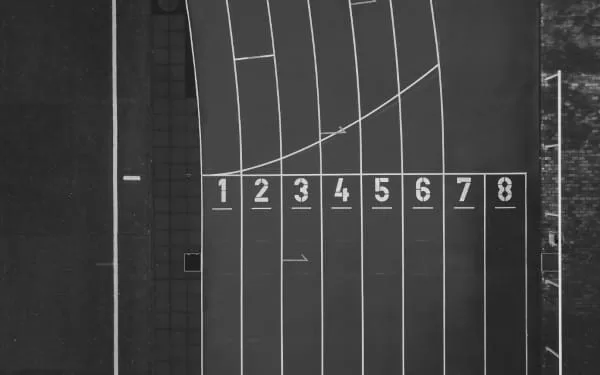
- 01Jan

- 01Jan
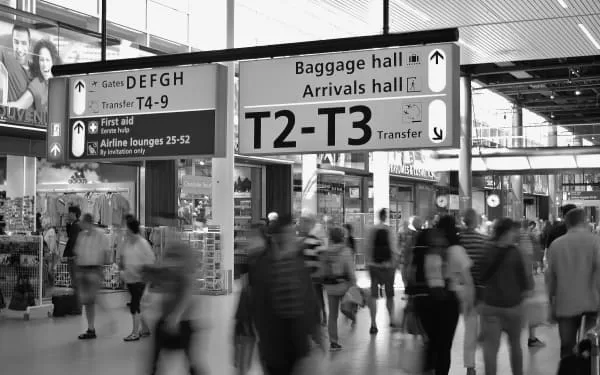
- 01Jan



